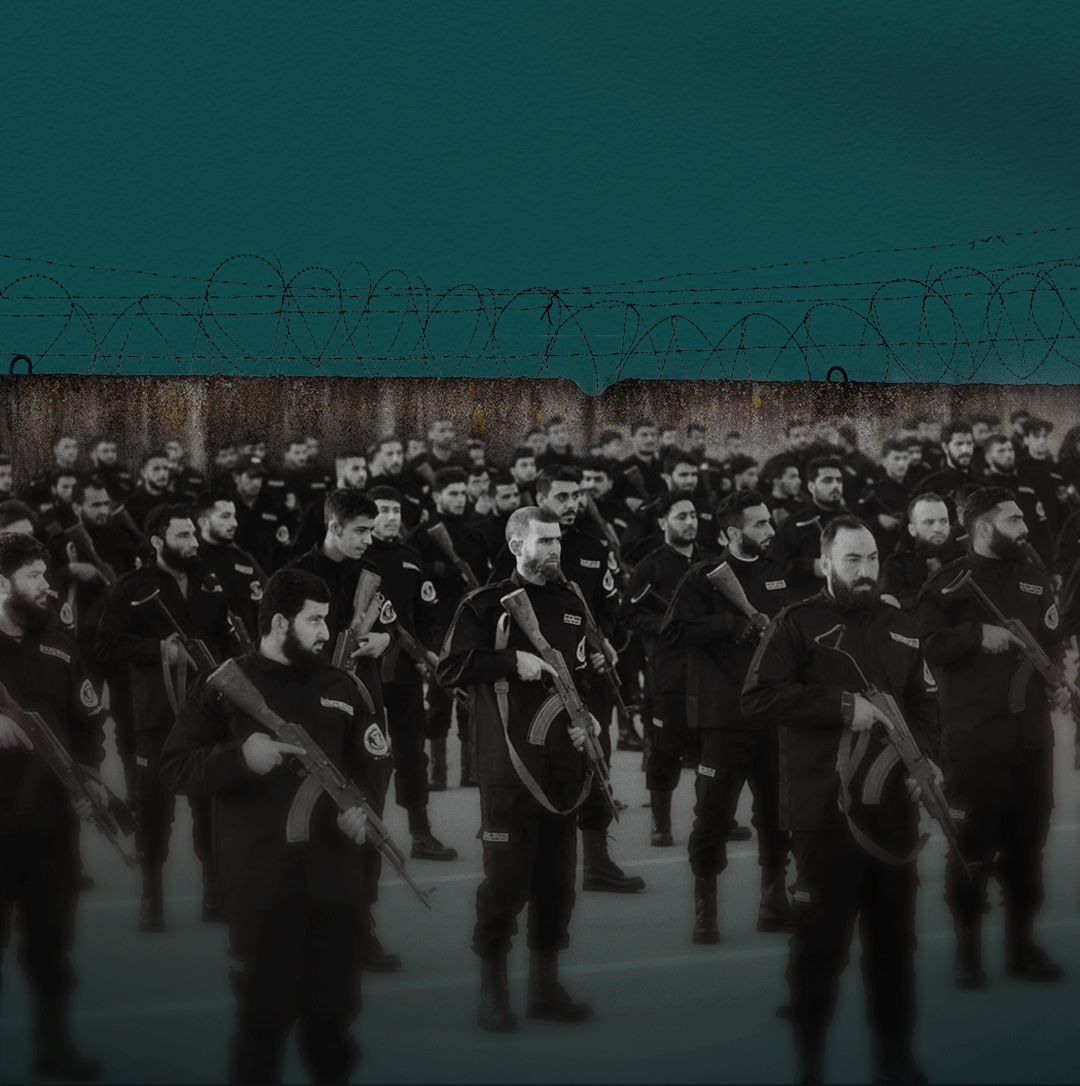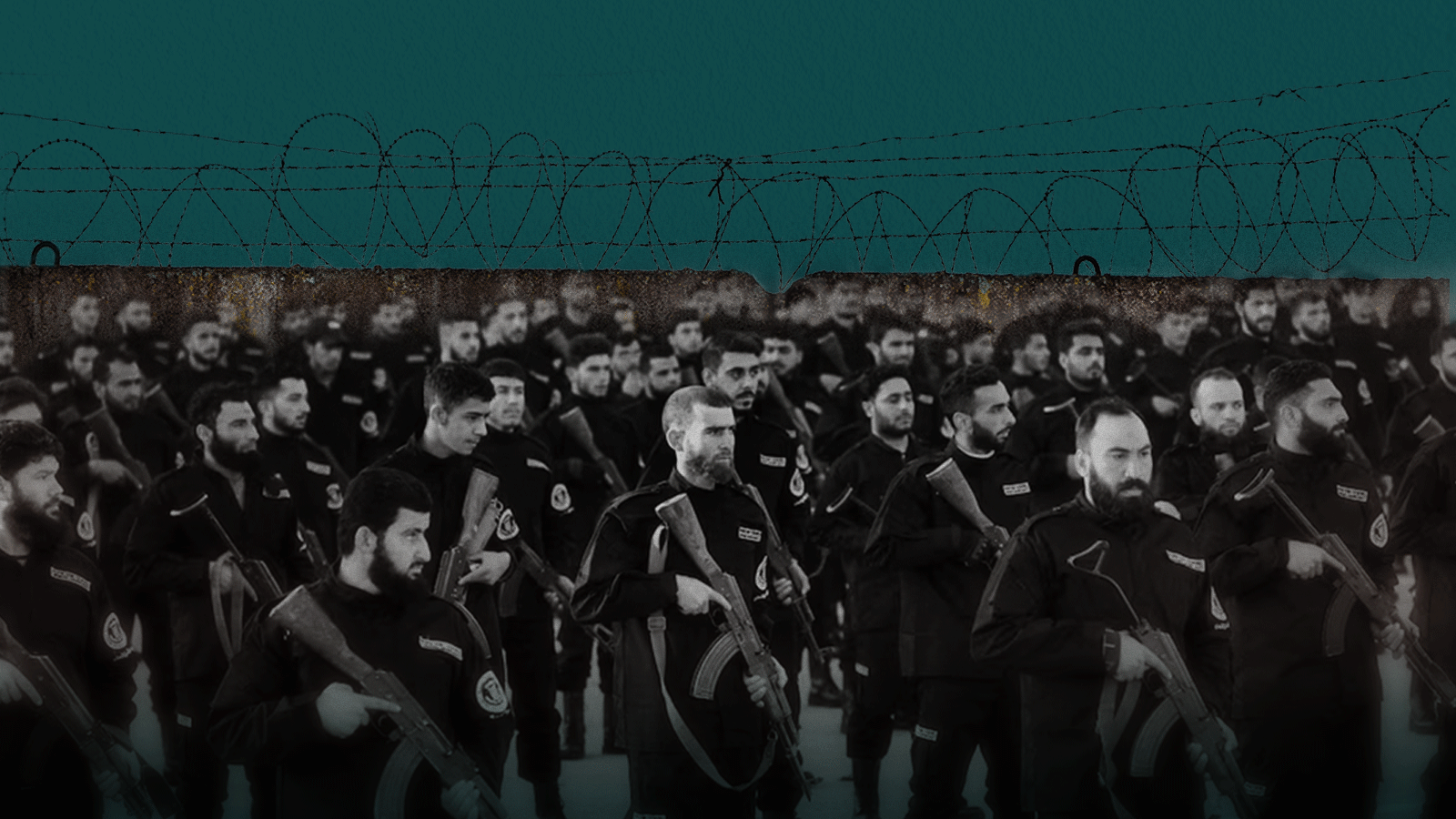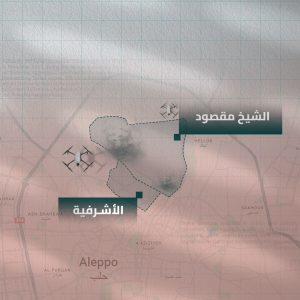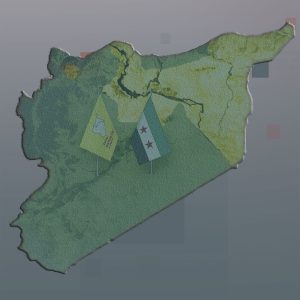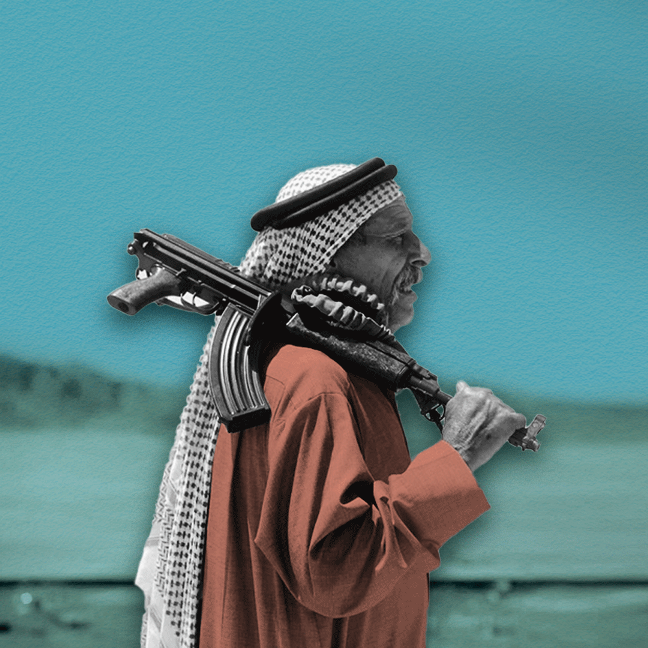- 1. Egorov, Georgy, and Konstantin Sonin. 2011. “Dictators and Their Viziers: Endogenizing the Loyalty–Competence Trade-Off.” Journal of the European Economic Association 9 (5): 903-30. doi: 10.1111/j.1542-4774.2011.01033.x
- 2. Lutterbeck, D. “Blurring the Dividing Line: The Convergence of Internal and External Security in Western Europe.” European Security, 2005
- 3.Greitens, Sheena Chestnut. Dictators and their secret police: Coercive institutions and state violence. Cambridge University Press, 2016. P.41-44
- 4.Greitens, Sheena Chestnut. Dictators and their secret police: Coercive institutions and state violence. Cambridge University Press, 2016. P.41-44
- 5.Kabir, Md Humaoun, and Helal Uddin. "Instilling and Fostering a Sense of Community through Inclusive Security and Development." Society & Sustainability 6, no. 1 (2024): 59-67.
- 6.Brett L. Carter, “Unite and Rule: a Theory of Compulsory Elite Social Networks in Autocracies,” paper presented to the annual meeting of the American Political Science Association, New Orleans (2012).
- 7.Stewart, Frances. "Policies towards horizontal inequalities in post-conflict reconstruction." In Making peace work: the challenges of social and economic reconstruction, pp. 136-174. London: Palgrave Macmillan UK, 2009.
- 8.Frühling, Hugo. “The Impact of Insecurity on Democracy and Development in Latin America.” In Democratic Governance and the Rule of Law, 27–52. New York: United Nations Development Programme, 2003
- 9.Janet I. Lewis, “How Rebellion Begins: Insurgent Group Formation and Viability in Uganda,” PhD dissertation, Harvard University, 2012, especially Chapter 6 on the development of the Ugandan civil intelligence system.
- 10. Lutterbeck, D. “Blurring the Dividing Line: The Convergence of Internal and External Security in Western Europe.” European Security, 2005
x

أمن تمثيلي لا احتكاري
ضرورة إشراك المجتمع في بناء المؤسسات الأمنية
- أغسطس 17, 2025
